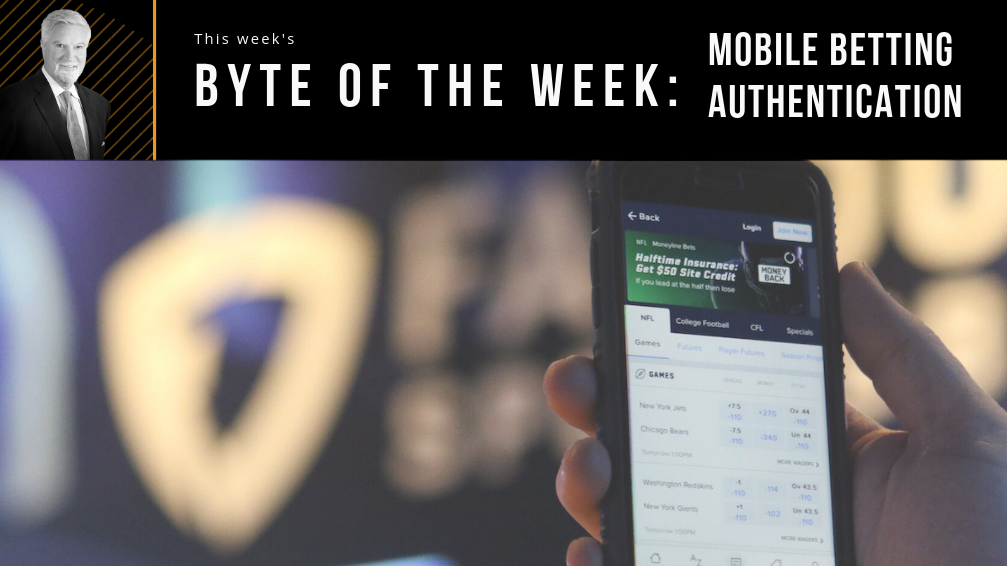Last week, we discussed the rapid growth of digital sports betting. New Jersey is a leader in this area as the first new entrant to offer full mobile sports wagering, which accounted for 47% of all its sports betting revenue since legalization. Other states will soon realize mobile betting is where the future will be. However, with mobile betting, there is heightened risk for corruption. That is why many experts have cautioned against an open online gaming environment.
The problem with mobile gambling is that you never really know who is betting. This area is of concern to college sports because phones can be passed around easily and that opens up the potential for underage gambling or even student-athletes betting on their own games. Regulating the amorphous digital market will be close to impossible without a central exchange or federal framework due to the myriad of state rules and regulations.
Some experts have called for digital authentication to ensure the identity of who’s gambling like those used in other industries such as finance or health care as a form of protection to reduce potential corruption or fraud.
As NBA Commissioner Adam Silver said to me recently, “the NBA spends eight billion dollars per year producing its NBA product for its fans, and with sports betting, the NBA will have no idea on a real time basis who is betting on their games.”
Mobile betting authentication will be needed to ensure transparency as to who is betting and to safeguard the integrity of the games.






